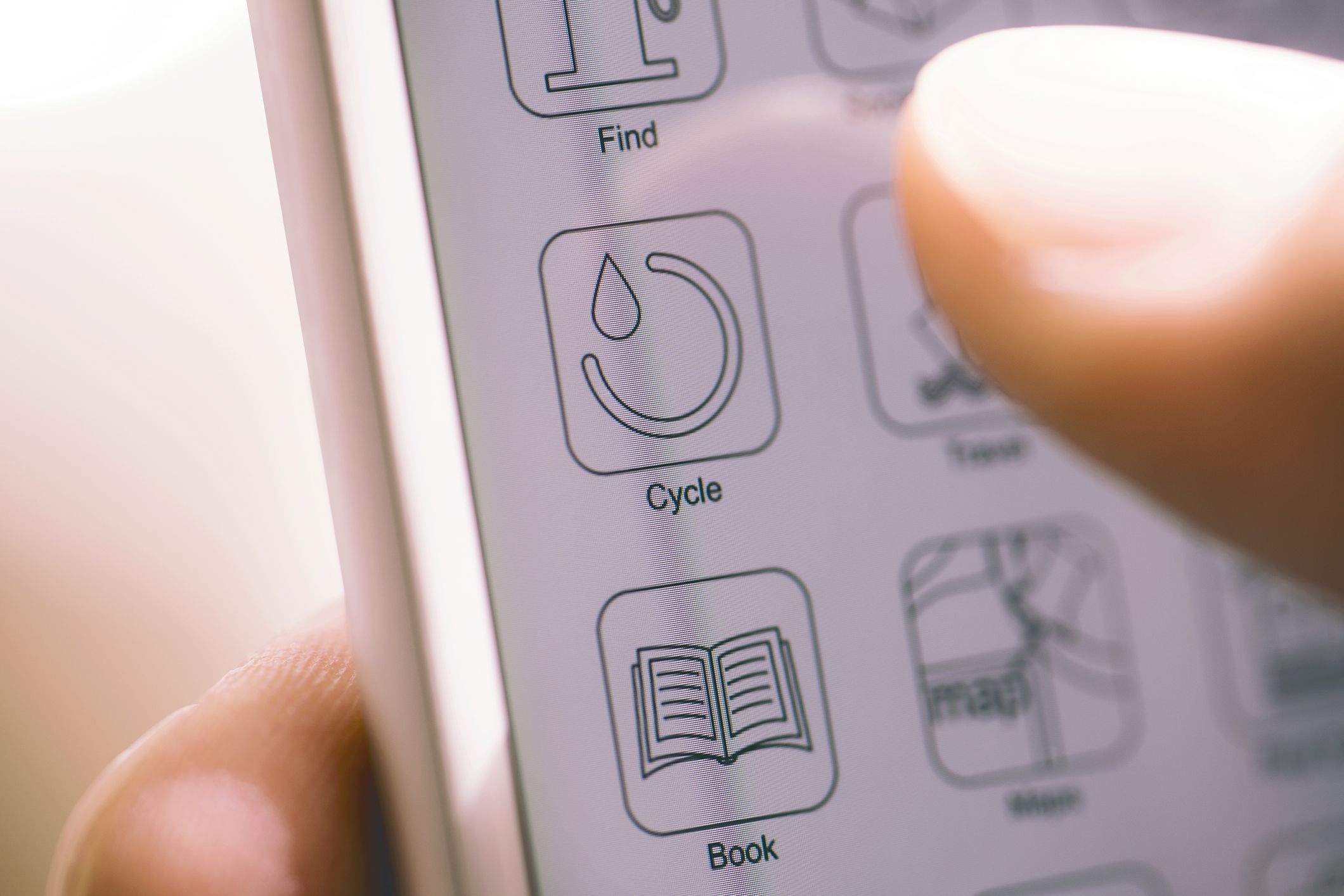Very heavy periods—the kind that bring excessive bleeding or a frequent need to change tampons or pads—can be a real distraction from and interruption of day-to-day life. And while an occasional heavy period may not be a problem, when menstruation is always heavy or prolonged, it may be a sign of a condition healthcare providers (HCPs) used to call menorrhagia—and now refer to as heavy menstruation.
While heavy menstruation is not usually dangerous, in rare cases it can be. If left untreated, some women may develop anemia from the blood loss, which can lead to shortness of breath or a higher risk of heart problems. For most women though, heavy menstruation is just irritating—a frustrating impediment to their quality of life.
Either way, there are treatments for heavy periods that can help manage symptoms and alleviate heavy menstrual bleeding.
Know your options
Treatments for heavy menstruation can include anything from iron supplements that address menstrual bleeding-related anemia to medications and medical procedures that reduce bleeding.
Medications
Both over-the-counter and prescription medications may be used to help control the symptoms of menorrhagia. Options include:
- Nonsteroidal anti-inflammatory drugs (NSAIDs): When taken during periods, these medications may make periods lighter and reduce pain and cramps.
- Hormone treatments: An HCP can prescribe birth control pills, progesterone pills or an intrauterine device (IUD) that releases hormones to help regulate and lighten periods. Certain hormone treatments may also help thin the lining of the uterus.
- Antifibrinolytics: A prescription antifibrinolytic called tranexamic acid may help make periods lighter.
Medical procedures
The aim of most medical procedures is to reduce or remove the endometrium, the tissue that lines the uterus and produces menstrual blood. This can be accomplished in several ways. But keep in mind that these medical procedures are not ideal for women who still wish to have children.
- Ablation: In this procedure, a layer of the uterine lining is destroyed through heat, cold and/or energy. It can be done on an outpatient basis. According to the American Society for Reproductive Medicine, about 90 percent of women experience lighter periods or no periods after receiving endometrial ablation, but it may take a few months for full results to be evident. There is always a possibility of heavy menstruation symptoms returning down the road, but this is more likely in younger, rather than older, women.
- Dilation and curettage (D&C): For this procedure, an HCP scrapes away the internal lining of the uterus. It’s suggested only for emergency situations in which there is acute, heavy bleeding. If you do undergo a D&C, you will need follow-up care and may need a repeat procedure, depending on the severity of your condition.
- Hysterectomy: This is the only procedure that stops menstruation permanently in women of reproductive age.
If uterine fibroids are causing your heavy periods, your HCP may recommend different procedures, such as surgery to remove the fibroids or surgery to cut off the blood supply to them.
Choosing the best approach for you
You and your HCP will have to consider a number of factors when choosing the right treatment for your heavy periods, including the cause of your symptoms, your age and health, how much your symptoms affect daily life and how comfortable you are with the treatment options compared to your prognosis with no treatment. Make an appointment with your HCP to discuss your options.





